
You fill the bowl; they inhale it. Ten minutes later, they’re begging again like they haven’t eaten in days. It feels excessive, right? But there’s actually a whole list of reasons kittens eat like tiny, adorable monsters. These 10 vet-approved explanations will help you figure out what’s up with all that hunger.
Growth Demands Serious Calories

Between birth and six months, kittens can double in size every few weeks. Their bodies demand consistent fuel to keep up. So, it’s perfectly normal for a growing kitten to need three or more meals daily during this phase. In fact, skipping meals could leave them feeling empty too soon.
Lack Of Protein In The Diet
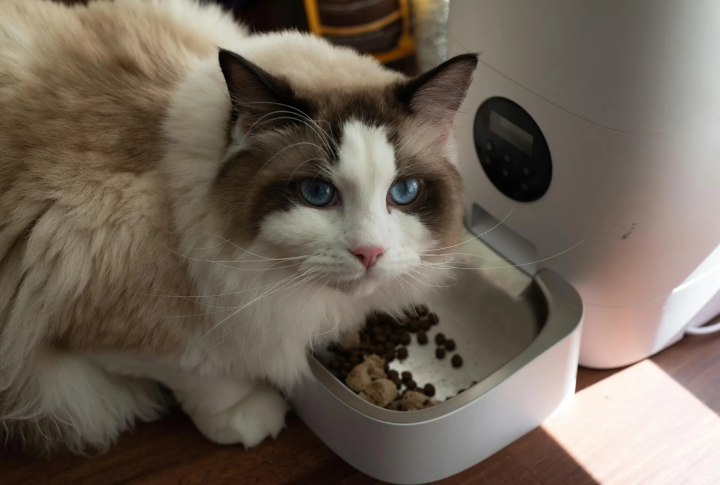
Not all kitten foods meet nutritional needs equally. If meat isn’t the first ingredient or the formula is too carb-heavy, your kitten might not feel full. Animal proteins contain essential amino acids that keep cats satisfied—without them, they keep coming back to the bowl.
A Busy Body Needs More Fuel
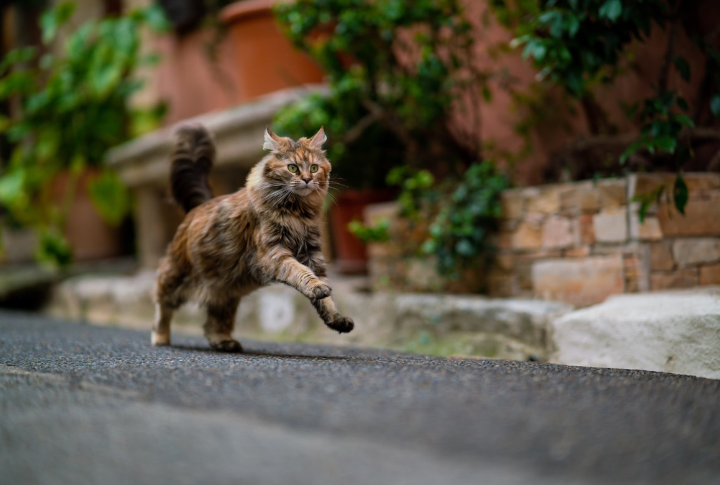
A kitten who sprints and pounces for hours is naturally going to burn more energy. Some kittens at this age are just more active than others. Feeding guidelines are to be adjusted in such cases as you might need to bump up portion sizes for especially energetic personalities.
Worms Are Stealing Nutrients

Parasites like roundworms can rob your kitten of nutrition before their body can absorb it. This leads to an always-hungry feeling, no matter how much they eat. Deworming usually starts early, but a stool test is the only way to be sure they’re clear.
Meal Timing Is Off
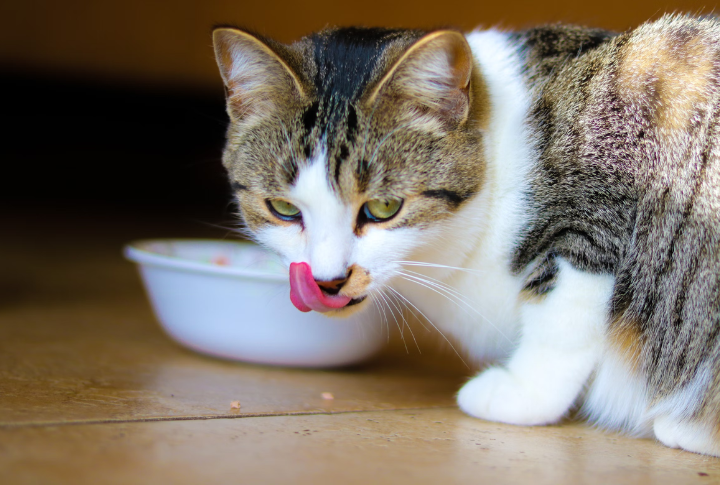
Some kittens do better on smaller meals spaced more often throughout the day. Two large servings may not cut it. They might metabolize meals quickly, leaving long stretches where their tummy feels empty again. A simple shift in schedule often improves hunger cues.
Mistaking Thirst For Hunger
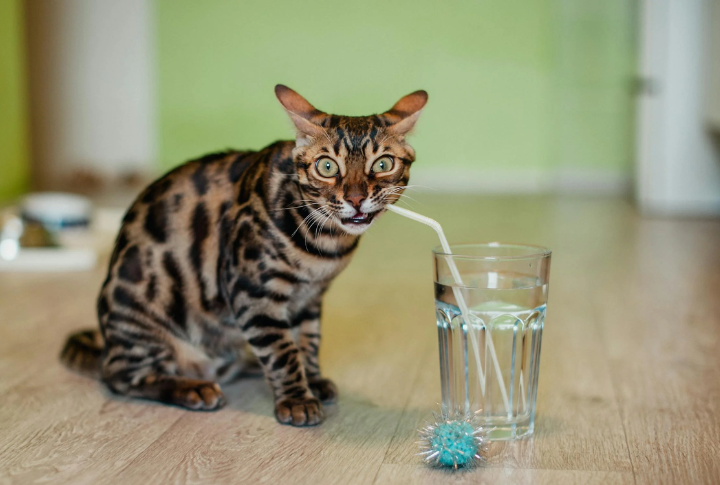
Cats aren’t always great at drinking water, and kittens are no exception. If hydration is low, they will eat more to compensate. Water-rich food helps, but they still need a reliable source of fresh water nearby to avoid this confusion.
Hormonal Shifts After Surgery
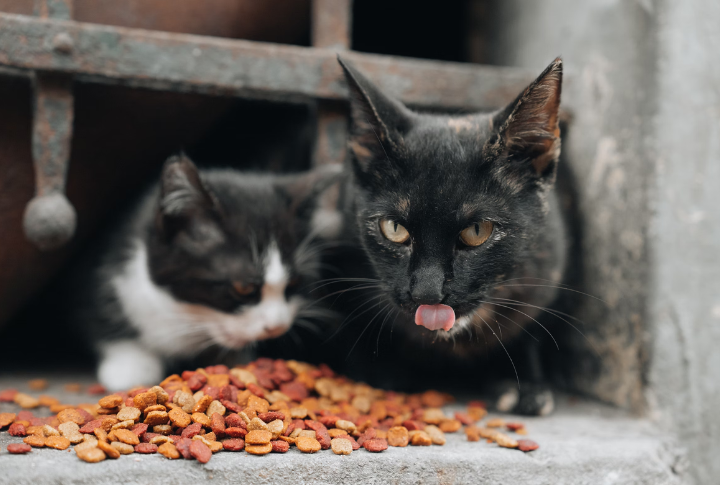
Appetites can fluctuate after spaying or neutering. Some kittens eat less for a while; others suddenly want more. Although these changes are temporary, monitoring weight and behavior during this period helps you catch anything unusual and adjust food intake as needed.
Food Isn’t Keeping Them Full

A diet with low-quality fillers or too little fiber passes through fast, triggering more hunger. If their food lacks bulk or digestibility, they’ll keep begging. Switching to a higher-quality or vet-recommended brand often solves this without needing to increase portion sizes.
Boredom Masquerading As Hunger
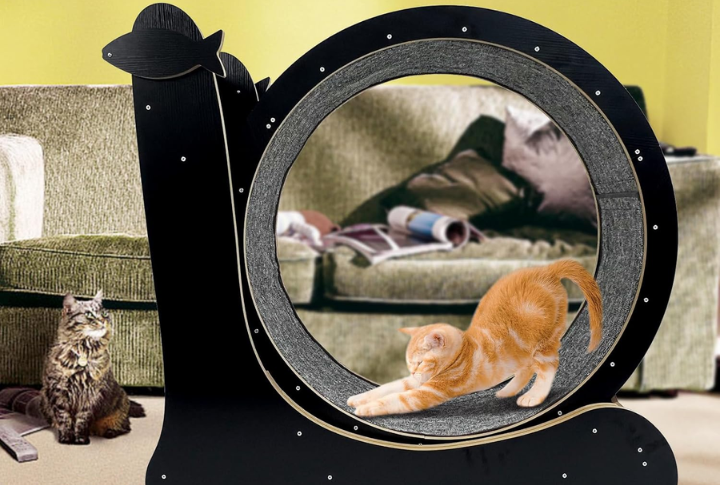
Your kitten may not actually be hungry—it just wants something to do. Food bowls become a go-to distraction when there’s nothing else around. Try rotating toys, adding a bird-watching perch, or a treat puzzle to keep them engaged and away from unnecessary snacking.
A Deeper Issue Could Be Brewing
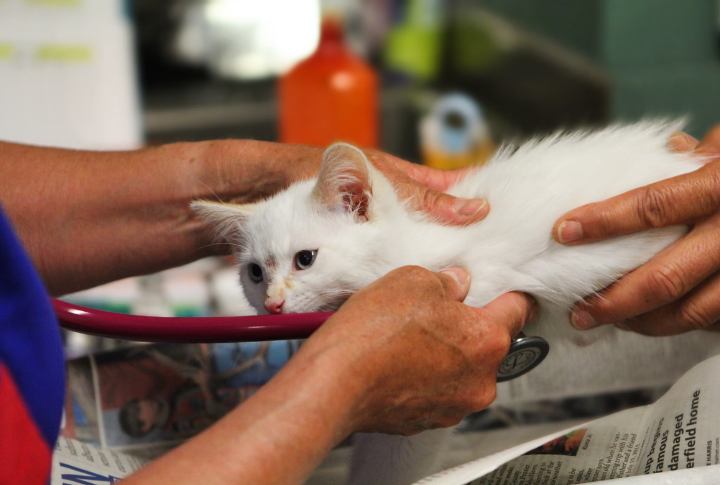
While rare in young kittens, medical problems like malabsorption or juvenile diabetes can spike hunger levels. If your kitten seems obsessed with food or loses weight, it’s time for a checkup. Addressing health concerns early gives you better options for care.

